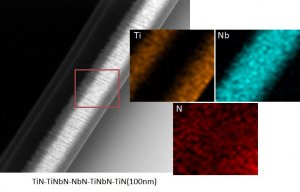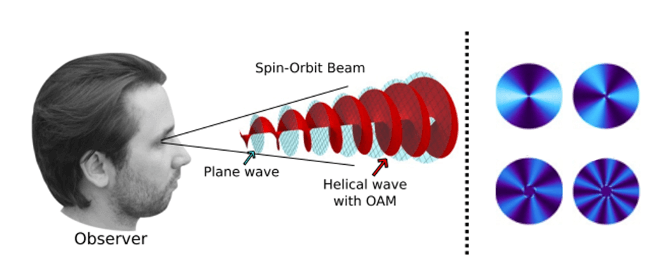Summary
Conventional superconductors have trouble performing well in magnetic fields required for electron spin resonance (ESR) – based quantum information processing applications. We can, however, use proximity engineering to select desired properties from different materials and combine them for improved superconducting performance in magnetic fields — an improvement that would have strong implications for the storage and transfer of quantum information in superconductor quantum circuits. In this project, we will construct composite heterostructures with nitrides, oxides and hybrid materials involving high-temperature superconducting oxides and “conventional” transition metals/nitrides. Later, we will use these new composite superconductors to demonstrate improved resonator performance and optimize growth and fabrication recipes towards large-scale quantum circuits. By optimizing the composite heterostructure, and through later integration in a superconducting quantum circuit, we hope to enable larger-scale, more efficient quantum computers.

Figure 1. Example of a nitride heterostructure with tapered interfaces for improved superconductivity proximity coupling. Images shown are STEM and EELS elemental mapping.
Related Content

Structured Light Applications in Vision Science
Eye diseases such as macular degeneration can have a devastating impact on quality of life. Early detection and treatment are thus crucial for preventing irreversible vision loss. A previous study found that the human eye can detect differences in ‘structured’ light beams. Such light beams are composed of a coherent superposition of differently polarized planar […]
April 24, 2023

Next Generation Quantum Sensors
We are developing new semiconductor p-n junctions and designing novel nanowire arrays that have the potential to significantly enhance the ability to detect light at the single photon level over an unprecedented wavelength range from the ultraviolet to infrared.
June 1, 2017

Silicon Platform for Electron Spin Qubits
Summary Scaling solid-state quantum processors to a useful threshold while maintaining the requisite precision in quantum control remains a challenge. We propose a quantum metal-oxide-semiconductor (QMOS) architecture operating at cryogenic temperatures that is based on a network/node approach as a means to scalability. By working with QMOS, we benefit from the deep investments and […]
December 7, 2018

Mesoscopic systems as coherent control elements
Summary Mesoscopic systems provide a new tool for quantum systems design. In particular, they are enabling of robust quantum control. Here “mesoscopic system” refers to a connected network where each element, if studied alone, would be a quantum bit. The network is too big to be treated fully quantum mechanically. We do not have individual […]
September 1, 2016

